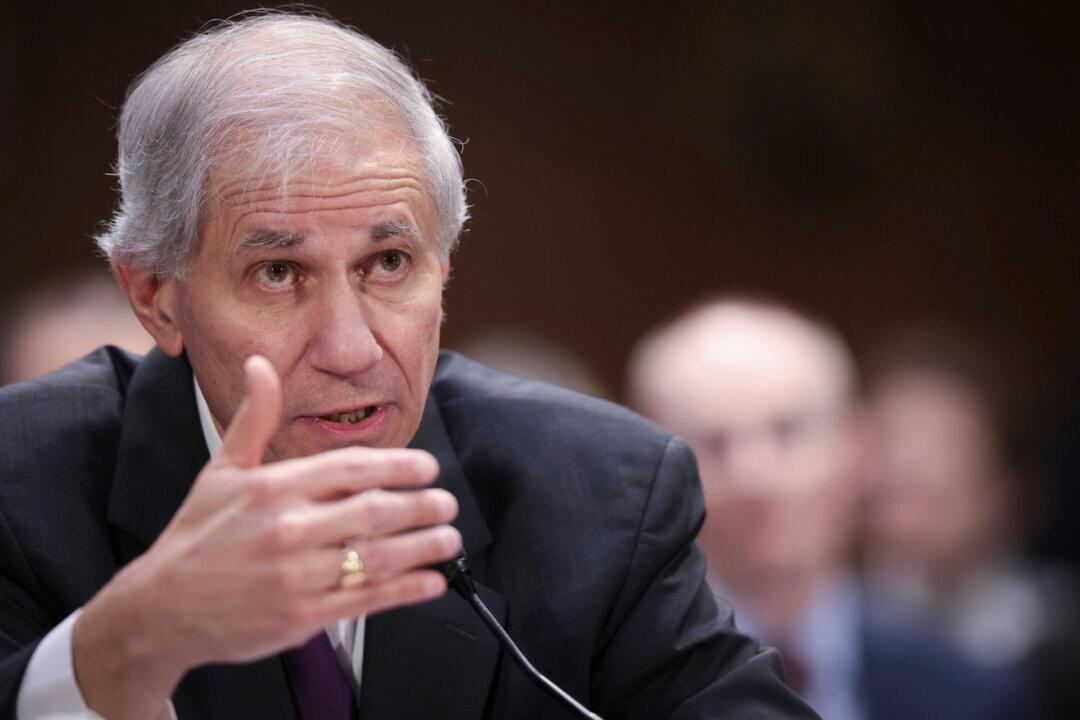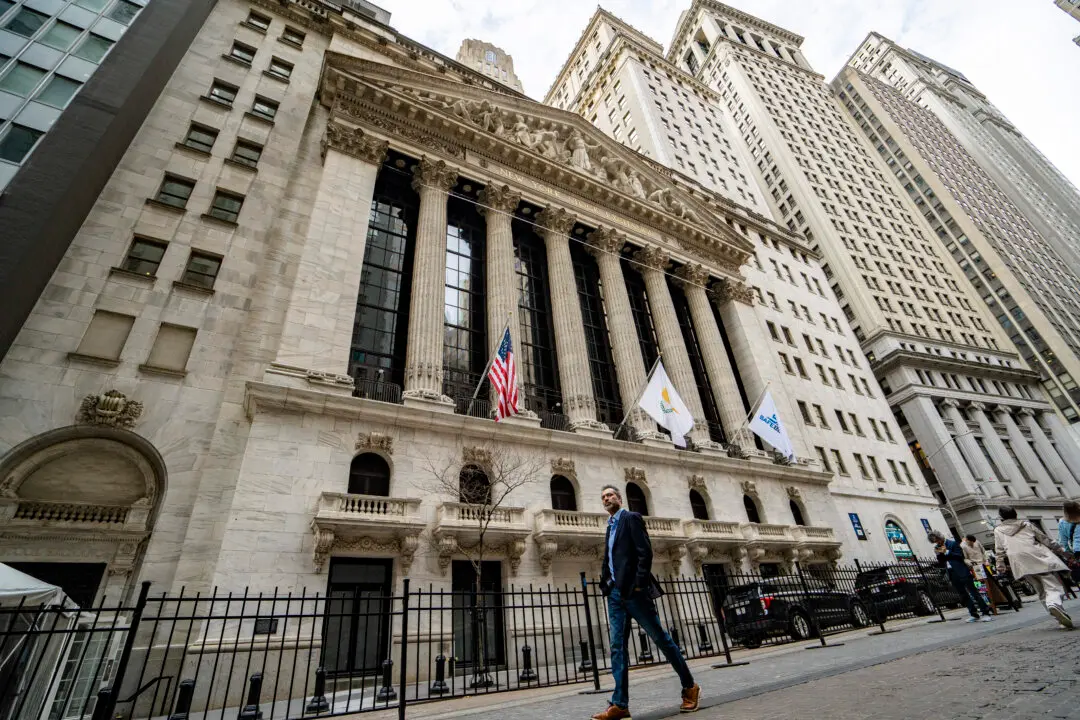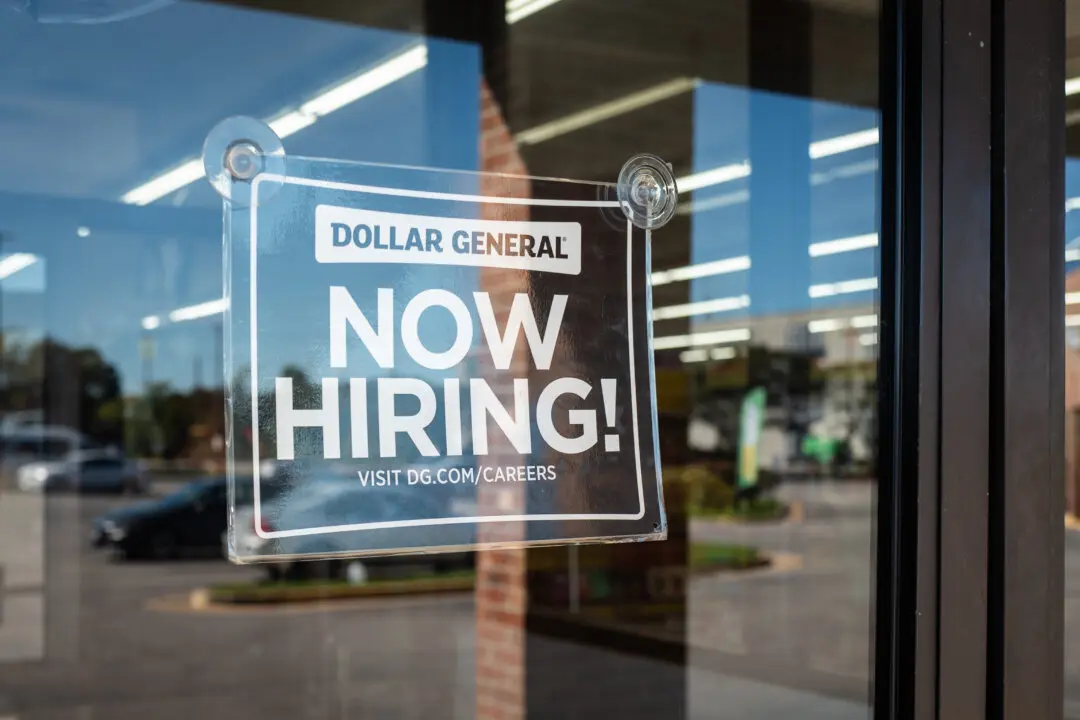Martin Gruenberg, chairman of the Federal Deposit Insurance Corporation (FDIC), was “personally disturbed and deeply troubled” by allegations against the FDIC of sexual harassment and workplace misconduct.
The Wall Street Journal published a report on Nov. 13 titled “Strip Clubs, Lewd Photos and a Boozy Hotel: The Toxic Atmosphere at Bank Regulator FDIC.”





